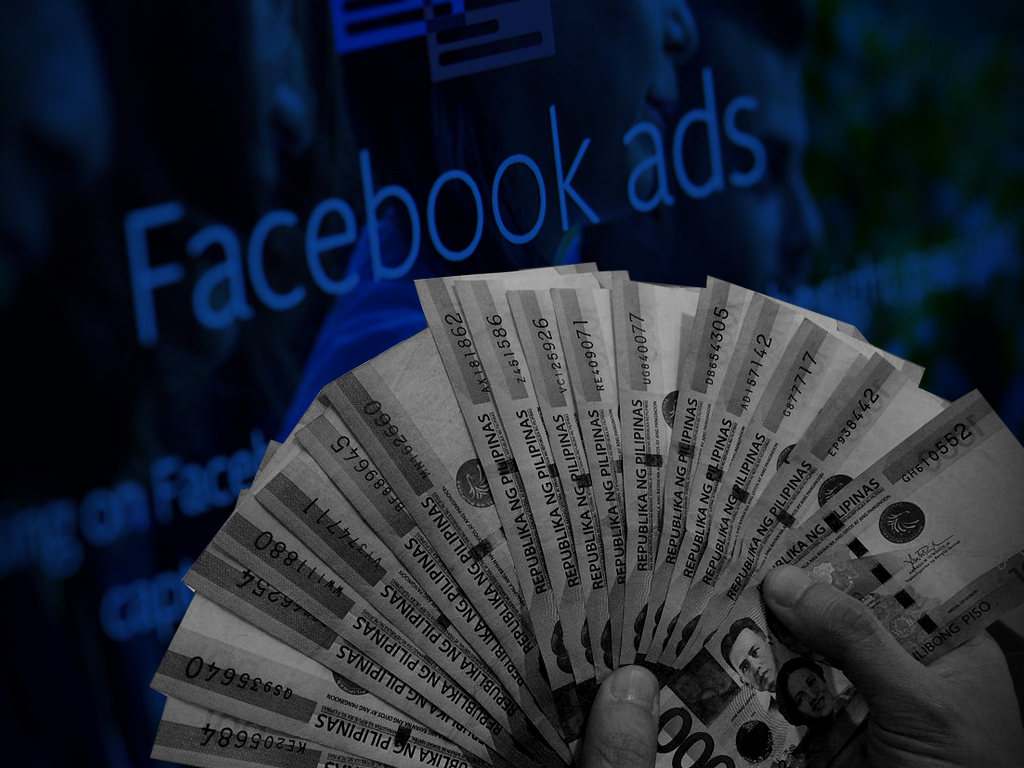ANC spotlights Facebook campaign spending, points to loopholes in Comelec’s rules
CHEERS TO ANC’s Rundown for expanding the discussion on the more significant role of social media in the election campaign.
Picking up on the report of the Philippine Center for Investigative Journalism (PCIJ) on Facebook ad spending, Mike Navallo interviewed Prof. Jonathan Ong, a research fellow of the Shorenstein Center on Media, Politics and Public Policy, who has studied disinformation networks. Ong was also briefly cited in the PCIJ report, which identified Vice President Leni Robredo as the top spender on Facebook, while Ferdinand “Bongbong” Marcos, Jr. recorded no spending.
Navallo’s 19-minute segment focused initially on the difference in the way the two candidates use the social media platform. Ong explained that Robredo has had to catch up on her social media presence, because of her low ranking in public polls. Facebook is an ideal platform for her to reach more, to reintroduce herself as a candidate separate from the Liberal Party and to respond to “attack messaging” being used by other political camps and their supporters.
Meanwhile, Marcos has utilized Facebook through memes, parodies and influencers that tend to use “attack messaging,” aimed at Robredo or the EDSA narrative itself. However, Ong said the money that goes into this kind of networked campaign is hard to track and tends to evade monitoring. Navallo correctly raised the point that the “memes could go so low” in criticizing an opponent, but the politician can simply deny that he or she had any involvement in the creation of the memes.
Navallo then proceeded to ask questions about Comelec’s regulatory function, discussing with Ong the rules the agency has issued on social media campaigning. Ong made key points noting loopholes or gray areas that should be clarified. (See box)
Journalists should be building up on each other’s stories. ANC’s segment provided several points that the media would do well to follow up on and expand discussion of in time for the national polls.
Media should follow up on the points raised in the exchange between Mike Navallo and Jonathan Ong, which show up how Comelec’s rules have fallen behind the times and can no longer enforce checks on campaign spending on social media.
- One question that should be asked is whether there is any consequence for those who have been proven to overspend;
- Public relations and advertising firms should engage in transparency and disclosure themselves, as they are the first ones who see the full account of campaign expenses;
- Comelec’s rule that candidates should have their social media accounts verified with Facebook has value, as this lends them some protection from hacking, targeted hate speech or black propaganda. Ads placed in verified accounts are easy to track for official monitoring. But the paid ads running in fan pages, especially those not officially linked to the campaign, are difficult to monitor.
- Election laws are falling behind technological capabilities. The Comelec should consider including influencer marketing in campaign monitoring; and
- Given the lack of a legal framework for social media use in campaigns, the Comelec should be open to working with academics, journalists and civil society who can provide insight into the growing role of social media in the elections.

Leave a Reply